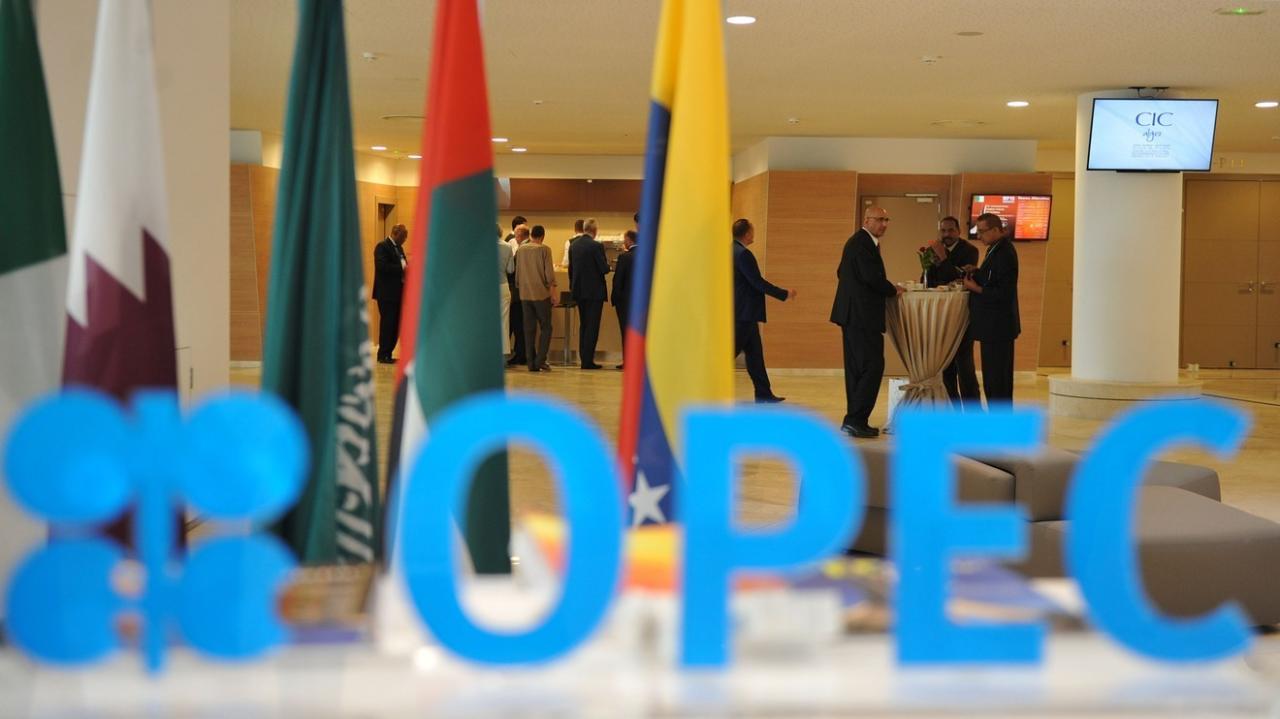OPEC predicts a decrease in oil supplies from non-OPEC countries

By Narmina Mammadova
The Organization of Petroleum Exporting Countries (OPEC) raised its forecast for 2018 on the increase in oil supply from non-cartel countries by 190,000 barrels per day compared to last month - up to 2.5 million barrels per day the monthly report of the cartel reported.
The main contribution to the growth of supply was made by the U.S., Canada, Russia and Kazakhstan.
At the same time, the forecast for supply growth for 2019 has been lowered by 80,000 barrels per day, to 2.16 million barrels, due to the fact that Canada will limit production, and also against the OPEC + agreement to reduce daily production by 1.2 million barrels in the first half of 2019.
The publication noted that the main contribution to the growth in supply in 2019 will be made by the USA, Brazil, Russia and the United Kingdom, while Mexico and Norway will demonstrate the strongest decline in production among others.
The Organization of the Petroleum Exporting Countries (OPEC) is a permanent, intergovernmental Organization, created at the Baghdad Conference on September 10–14, 1960, by Iran, Iraq, Kuwait, Saudi Arabia and Venezuela. It was created by oil-producing states to control production quotas. Currently, the Organization has a total of 15 Member Countries. OPEC includes Algeria, Angola, Venezuela, Gabon, Iran, Iraq, Congo, Kuwait, Qatar, Libya, the United Arab Emirates, Nigeria, Saudi Arabia, Equatorial Guinea and Ecuador. Members of the organization control about two thirds of world oil reserves, they account for up to 45 percent of all world production and half of exports.
OPEC and non-OPEC producers reached an agreement in December 2016 to curtail oil output jointly and ease a global glut after more than two years of low prices. OPEC agreed to slash the output by 1.2 million barrels per day from January 1.
Non-OPEC oil producers such as Azerbaijan, Bahrain, Brunei, Equatorial Guinea, Kazakhstan, Malaysia, Mexico, Oman, Russia, Sudan, and South Sudan agreed to reduce output by 558,000 barrels per day starting from January 1, 2017.
OPEC and its partners decided to extend its production cuts till the end of 2018 in Vienna on November 30, as the oil cartel and its allies step up their attempt to end a three-year supply glut that has savaged crude prices and the global energy industry.
---
Follow us on Twitter @AzerNewsAz
Here we are to serve you with news right now. It does not cost much, but worth your attention.
Choose to support open, independent, quality journalism and subscribe on a monthly basis.
By subscribing to our online newspaper, you can have full digital access to all news, analysis, and much more.
You can also follow AzerNEWS on Twitter @AzerNewsAz or Facebook @AzerNewsNewspaper
Thank you!
